Uplift Family Services

Overview
Uplift Family Services is a substance abuse treatment center for people seeking treatment near Sacramento County. As part of their treatment modalities for recovery, Uplift Family Services provides family counseling, individual psychotherapy, and cognitive behavioral therapy during treatment. Uplift Family Services is located in Sacramento, California, accepting medicaid for treatment.
Uplift Family Services at a Glance
Payment Options
- Medicaid
- Cash or self-payment
- State-financed health insurance plan other than Medicaid
Assessments
- Comprehensive mental health assessment
- Comprehensive substance use assessment
Age Groups
- Adults
- Children/adolescents
- Young adults
Operation
- Treatment duration
- Private non-profit organization
Highlights About Uplift Family Services
6.71/10
With an overall rating of 6.71/10, this facility has following balanced range of services. Alcohol Rehabilitation: 8.00/10, Drug Rehab and Detox: 6.00/10, Insurance and Payments: 6.00/10, Treatment Options: 6.85/10.-
Alcohol Rehabilitation 8.00
-
Treatment Options 6.85
-
Drug Rehab and Detox 6.00
-
Insurance and Payments 6.00
Treatment At Uplift Family Services
Treatment Conditions
- Mental health treatment
- Substance use treatment
- Co-occurring Disorders
Care Levels
- Intensive outpatient treatment
- Aftercare
- Outpatient
Treatment Modalities
- Family counseling
- Individual psychotherapy
- Cognitive Behavioral Therapy
- Group counseling
- Experiential Therapy
Ancillary Services
Languages
- Sign language services for the deaf and hard of hearing
- Spanish
Special Programs
- Children/adolescents with serious emotional disturbance (SED)
- Clients who have experienced trauma

Additional Locations
Get Help Now
Common Questions About Uplift Family Services
Contact Information
Other Facilities in Sacramento
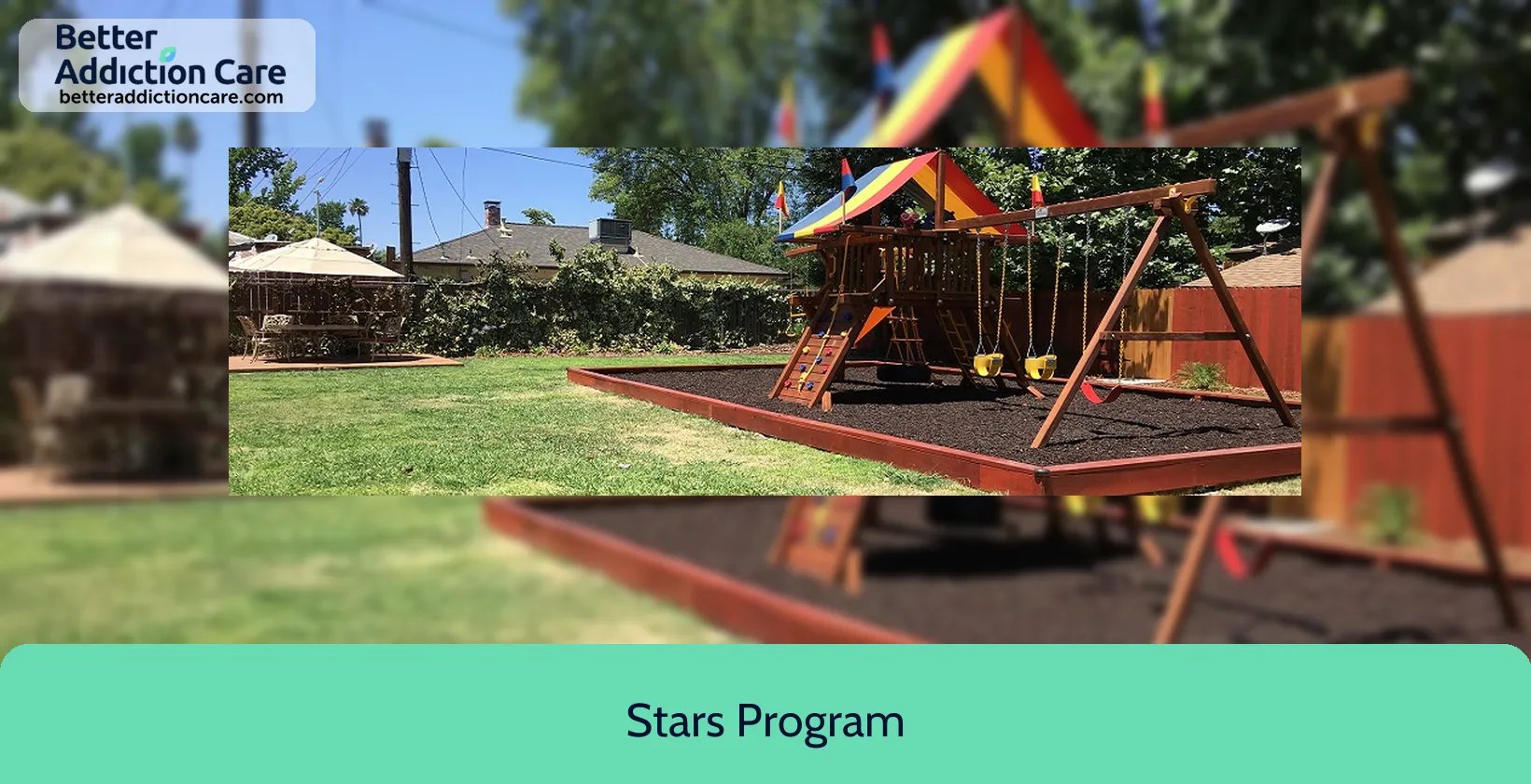
6.68
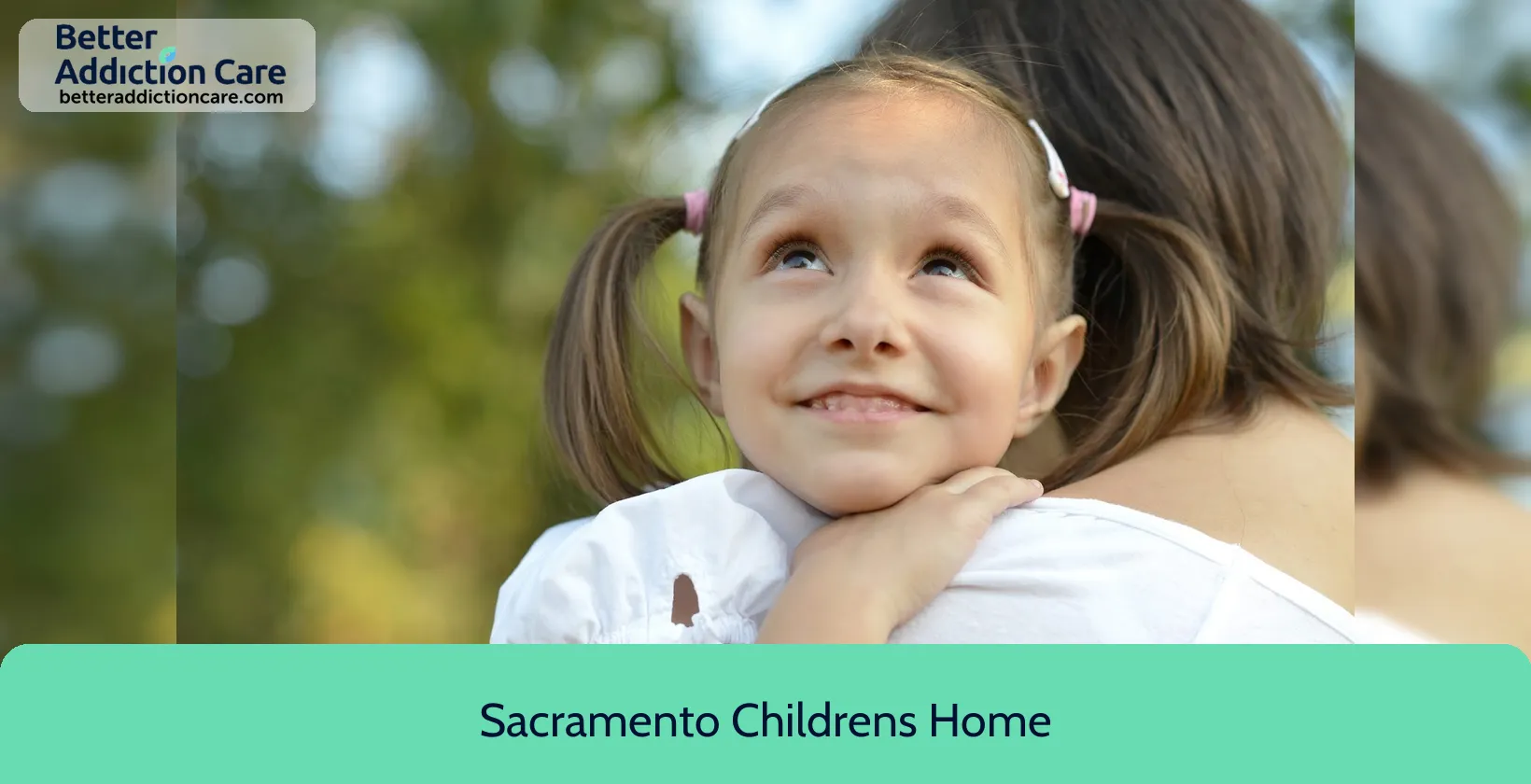
6.59
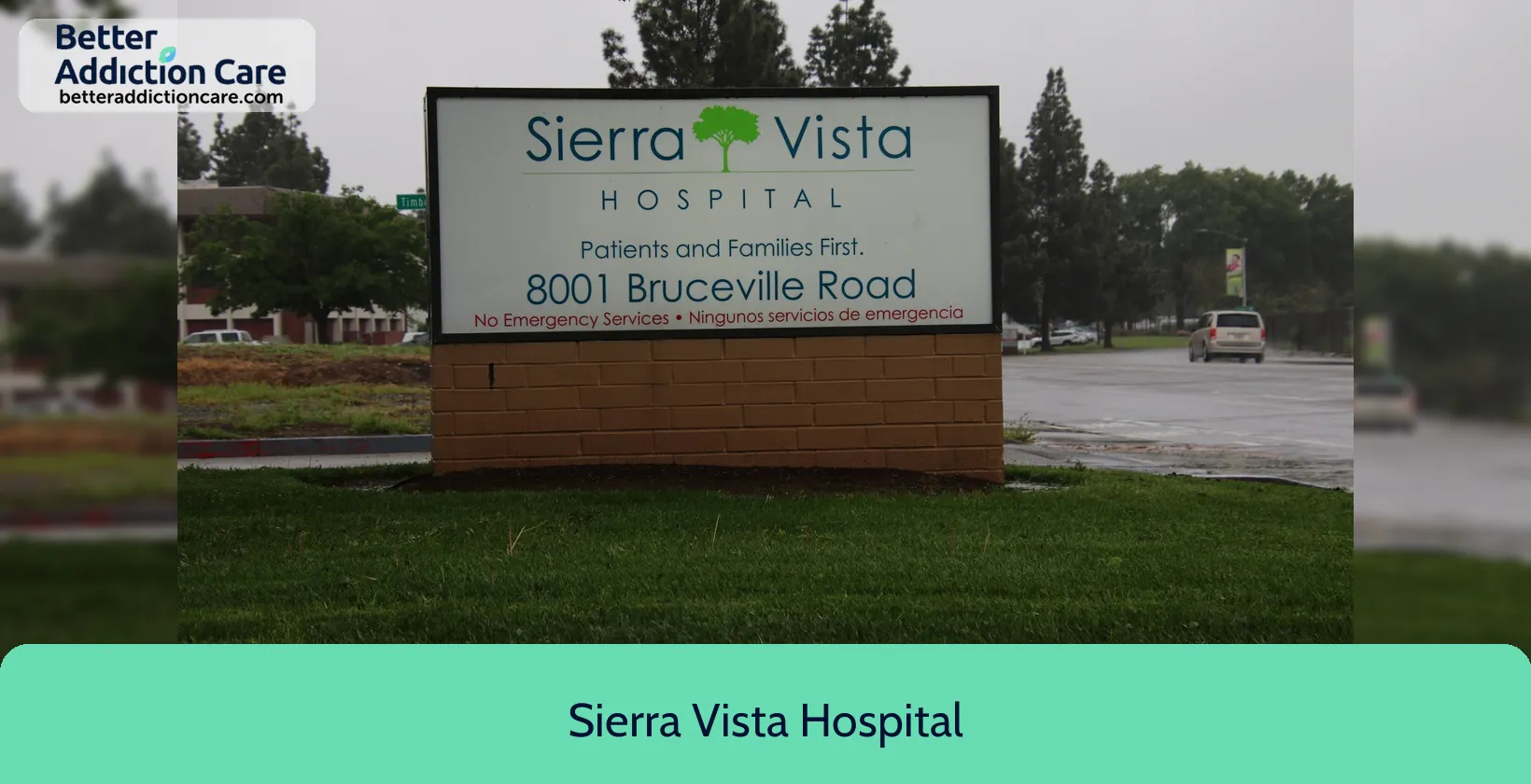
6.76
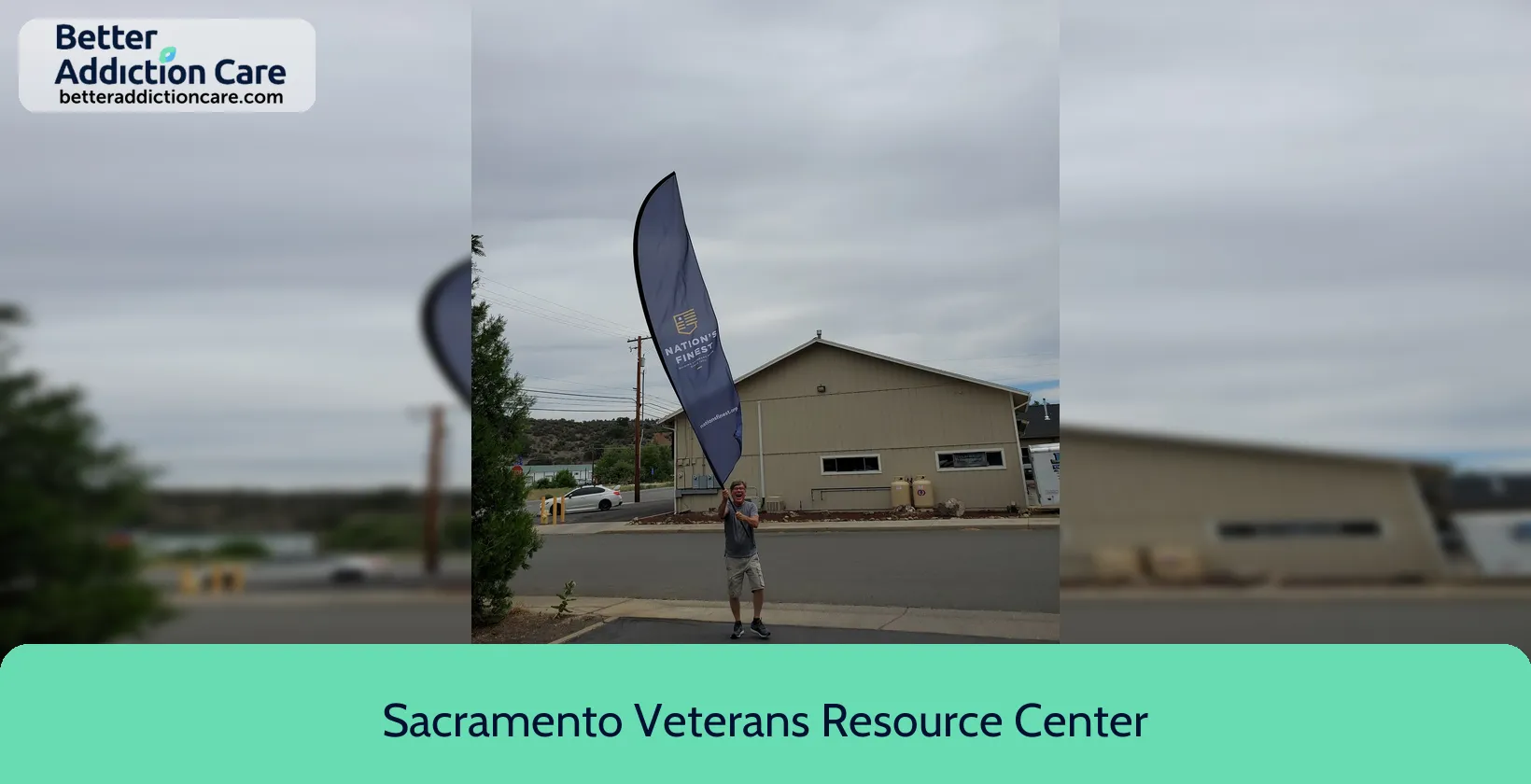
6.80

6.74
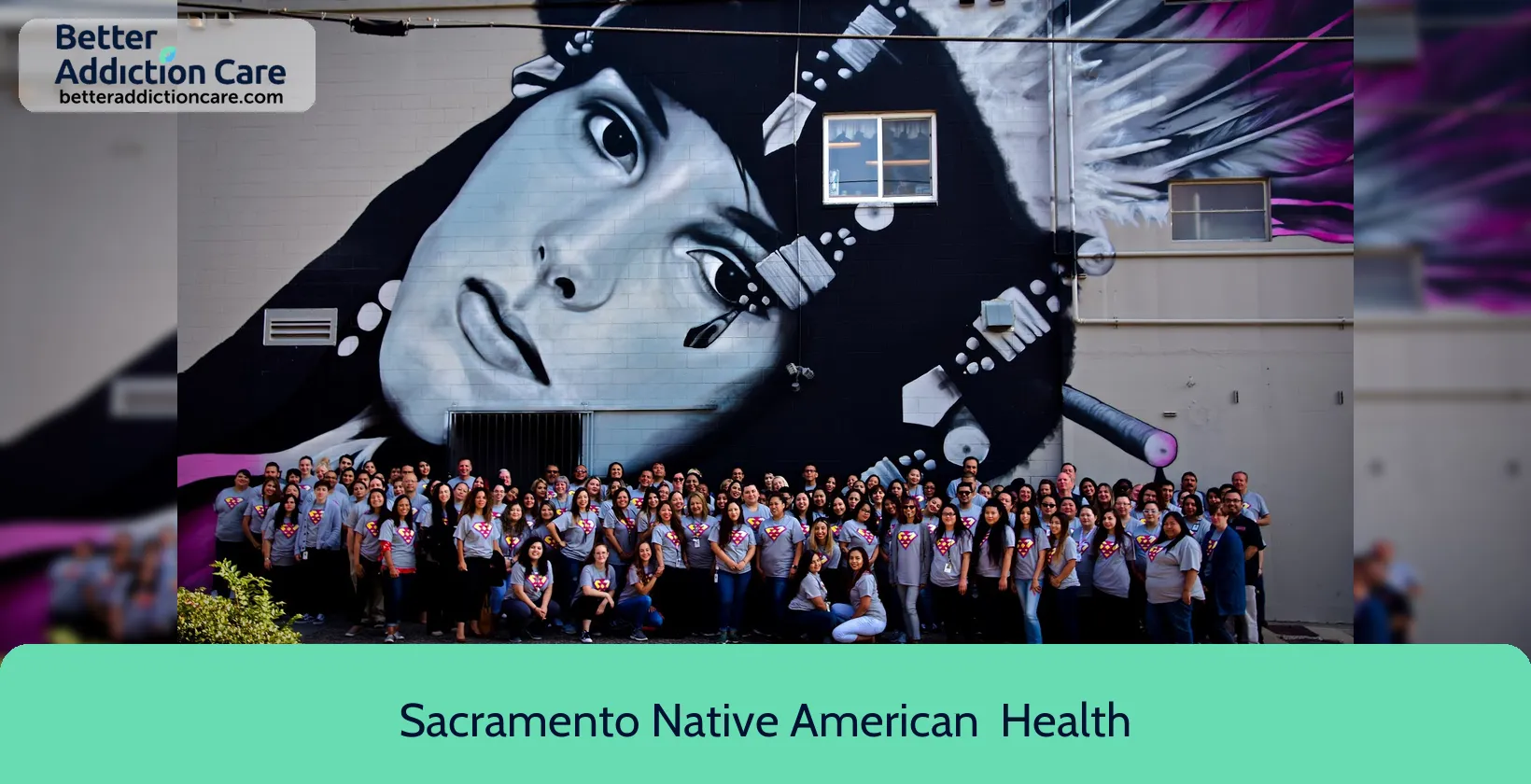
6.59
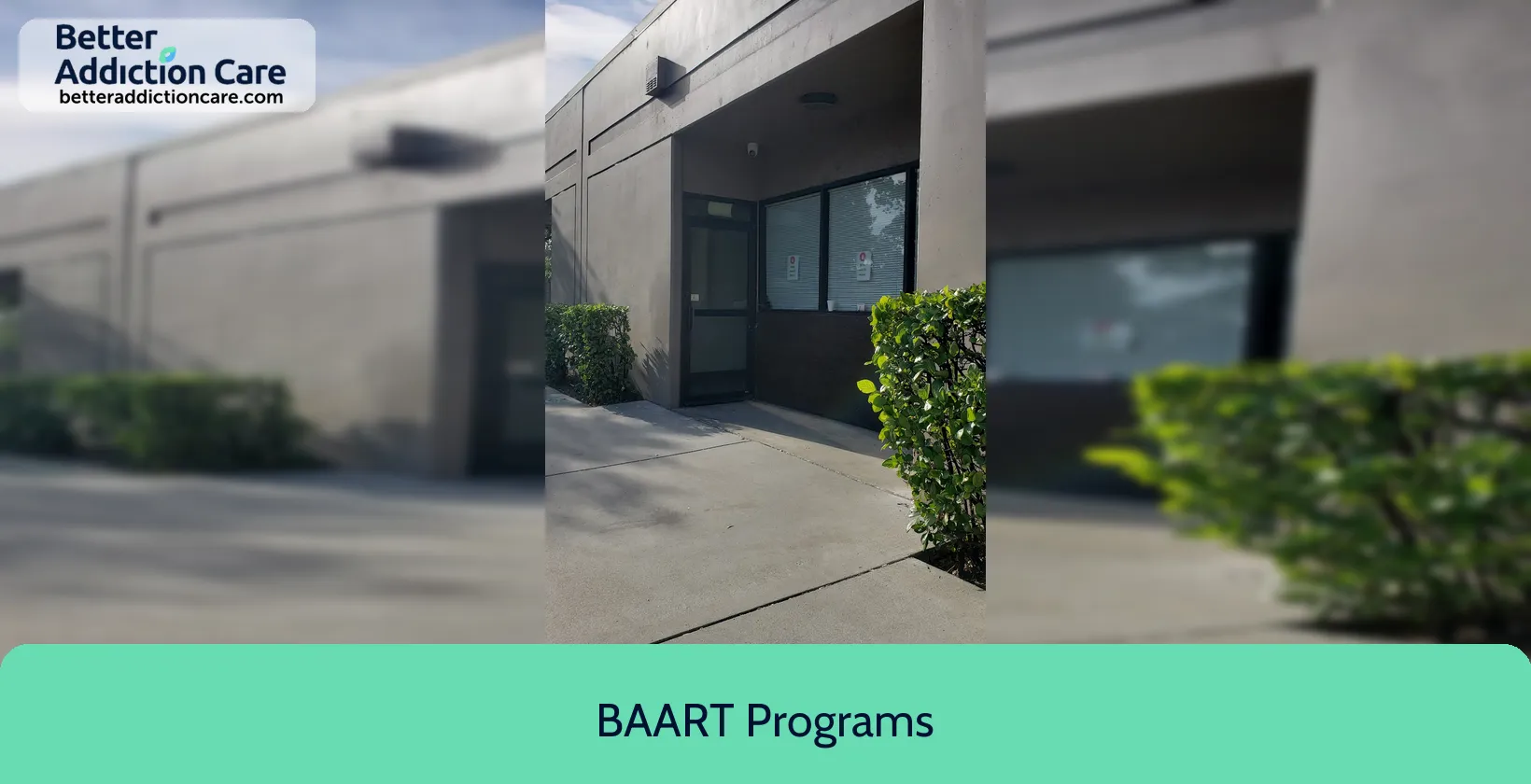
6.74
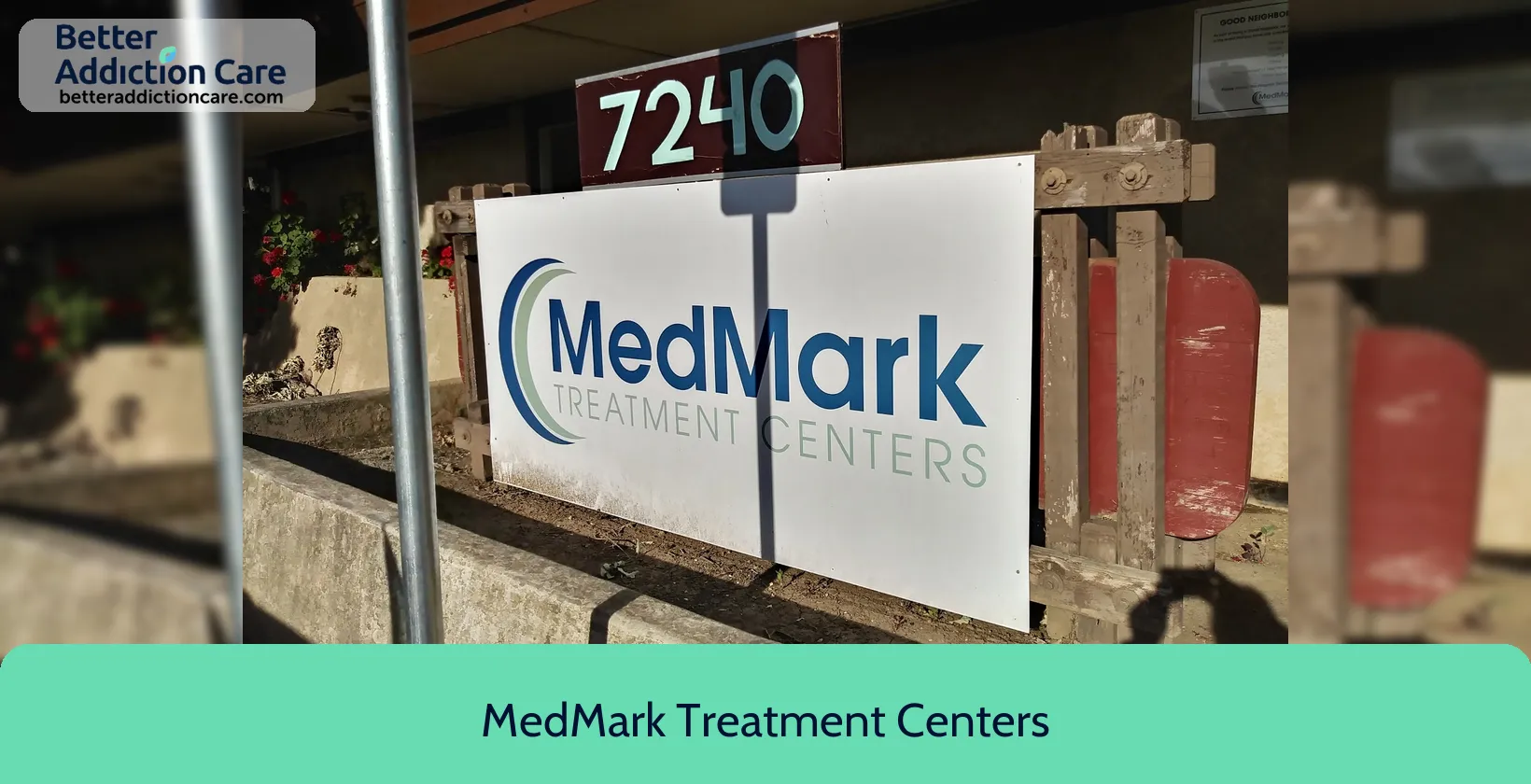
6.91
DISCLAIMER: The facility name, logo and brand are the property and registered trademarks of MedMark Treatment Centers, and are being used for identification and informational purposes only. Use of these names, logos and brands shall not imply endorsement. BetterAddictionCare.com is not affiliated with or sponsored by MedMark Treatment Centers.

